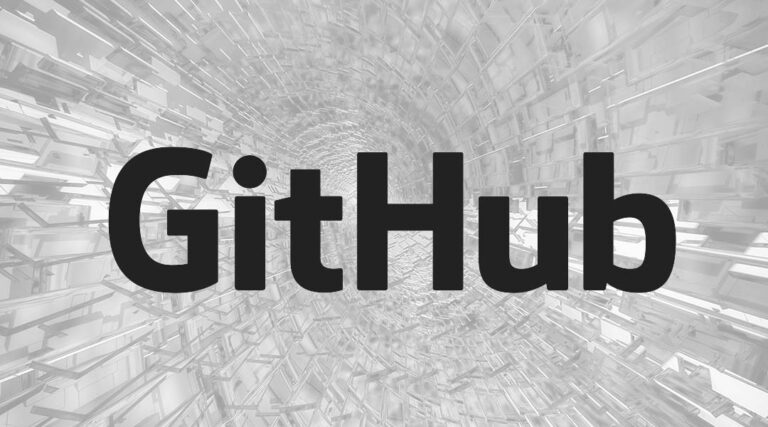
GitHub has sought to burnish its enterprise AND open source credentials, with a rake of new features for large organisations, that it says will allow them to “build like an open source community”.
At the same time, it has pledged to help funnel money to open source developers and communities.
The new enterprise features, unveiled at its Satellite conference in Berlin this week, were pitched by senior director of product management Mario Rodriguez, as making “it easier for businesses to securely embrace open source and keep up with the best technology has to offer, we’re launching several improvements to GitHub Enterprise.”
The changes include a rake of features that are still in beta. These include two new roles – triage and maintain – to enable admins to rope in help from “trusted contributors” without giving them full rights to write to the repo or change settings.
Similarly, groups can be added from “your identity provider” to a GitHub team, and synched. In a similar vein, enterprises can now create “internal repositories” that are only available to their chosen developers.
And given that measurement means management, or is it the other way round, an organisation insights feature should give “better understanding of how your organisation collaborates in GitHub”, while audit log events are now made available via a GraphQL API.
Similarly, a dependency insights dashboard is now available – in line with GitHub’s snaffling up of Dependabot earlier this week, along with a partnership with WhiteSource, while security vulnerability alerts and token scanning move out of beta.
Other newly delivered features include draft pull requests, statuses and learning lab courses.
While this is all designed to give enterprises the feeling of an open “community” ecosystem environment, it is all designed for paying users, and is heavily connected into Microsoft’s other products. Paying how much? Well you’ll have to contact GitHub sales to find out.
At the same time, the Redmond arm is looking to burnish its credentials in the broader open source community, with the launch of GitHub Sponsors. This is a mechanism to “financially support open source developers around the world”, beyond the free GitHub access open source projects get.
It will initially allow community minded folks to support individuals, but the aim is to “expand the ability for developers and communities to contribute and succeed in open source.” For the first year, GitHub will match contributions upto $5,000.
